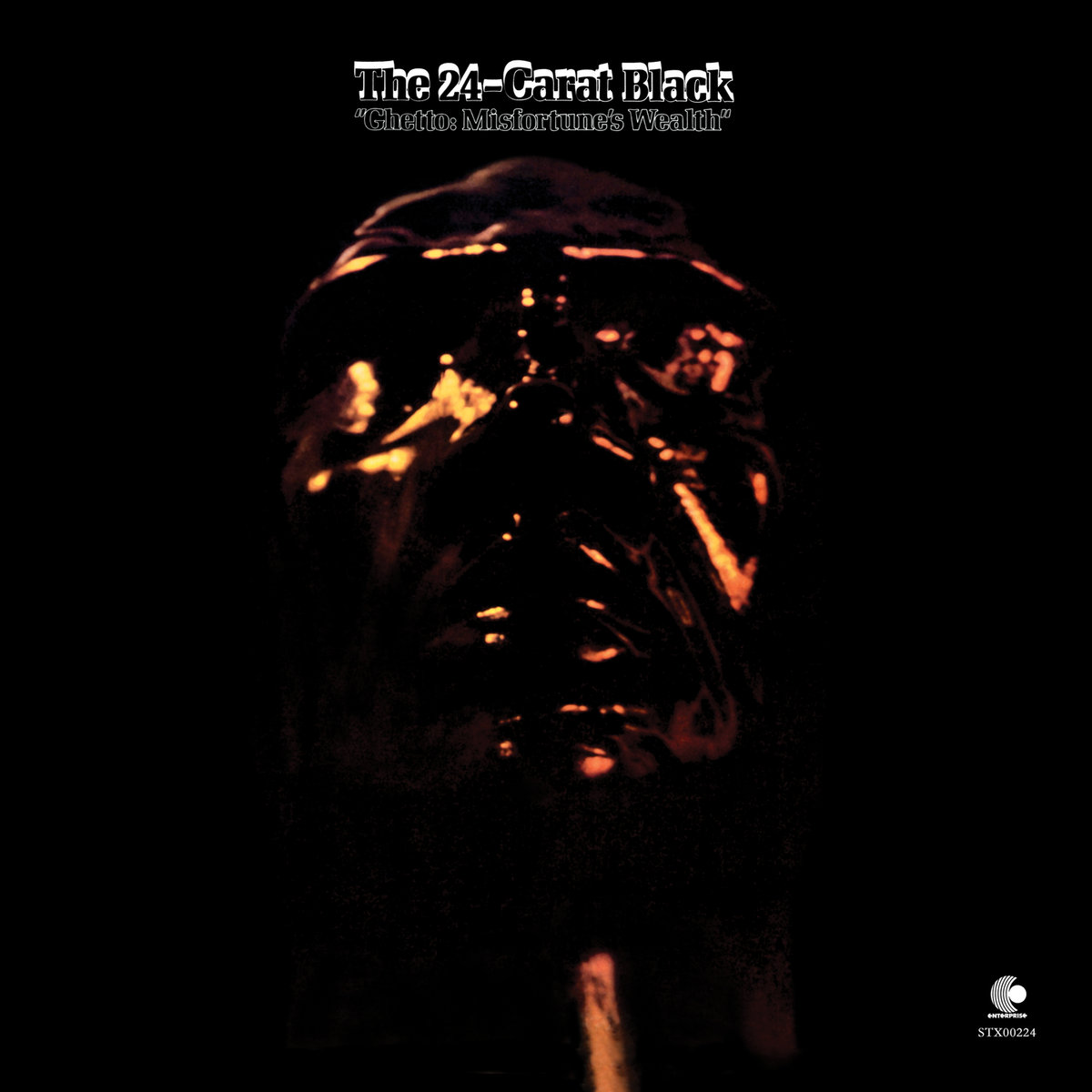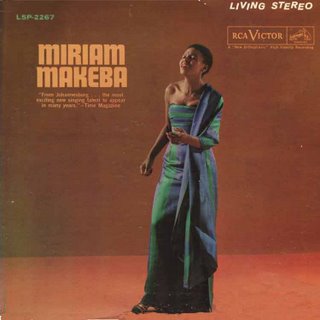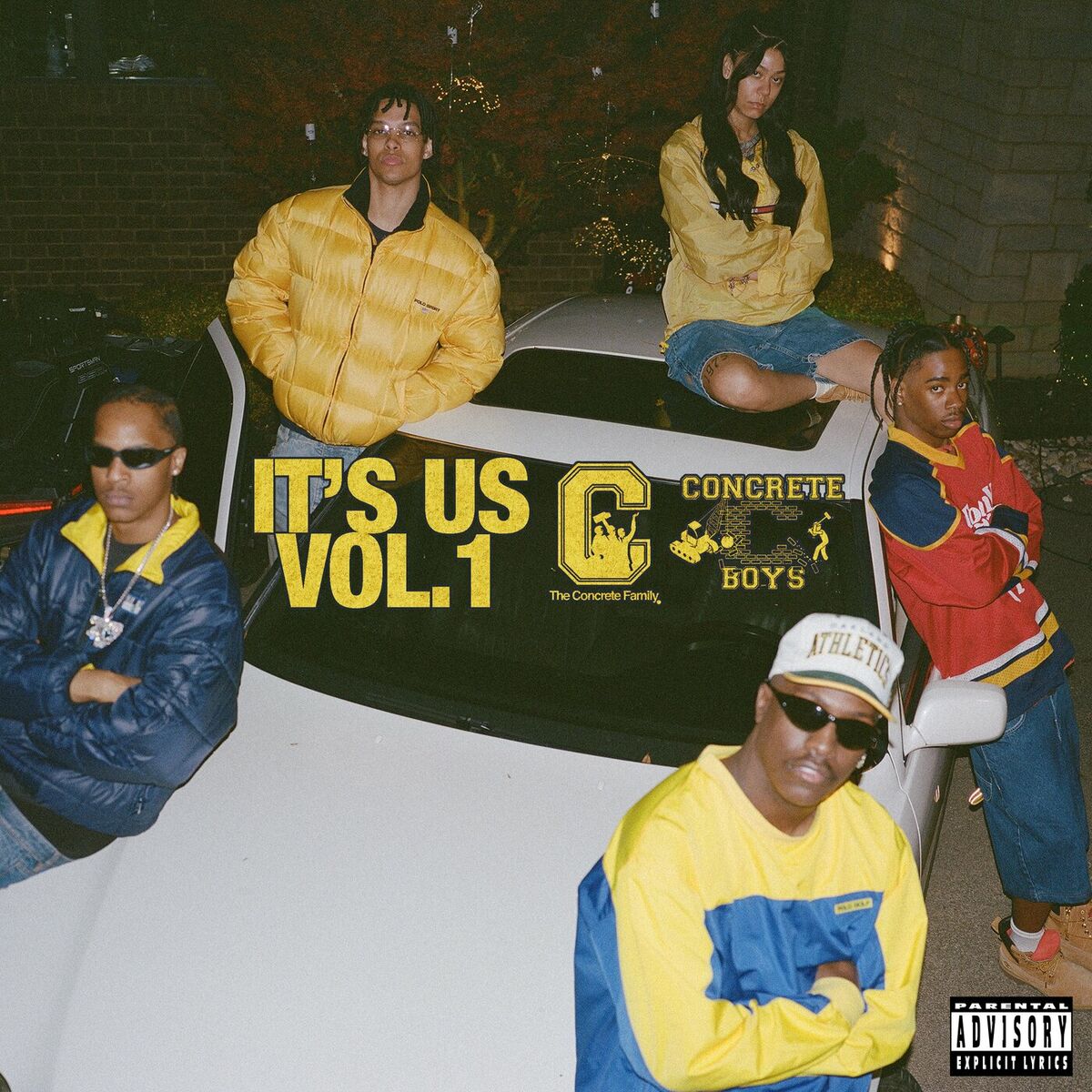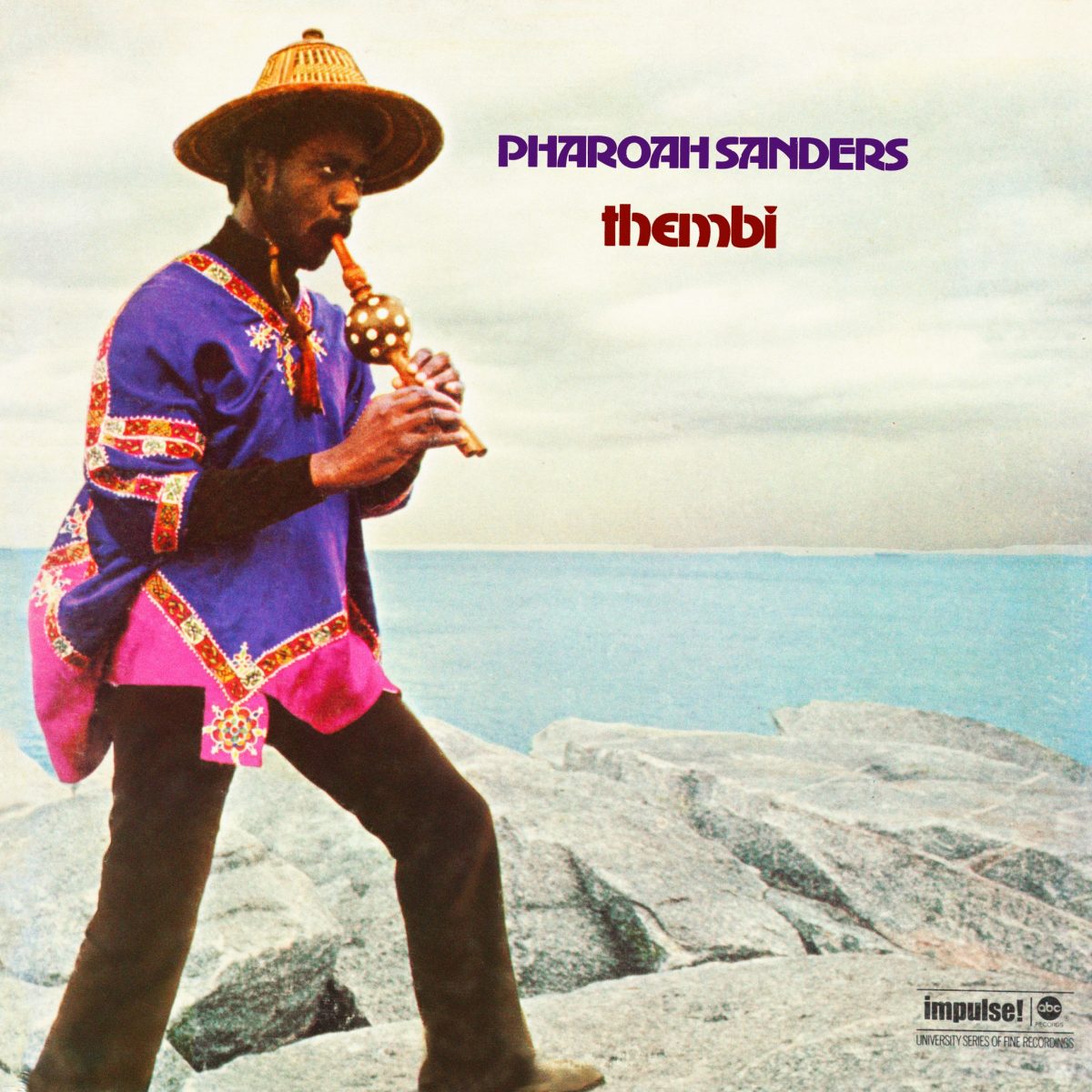Classically trained violinist Dale Warren is just coming off being the main arranger for three classic Isaac Hayes albums, including the funk opus Hot Buttered Soul. This might be a career-defining accomplishment for some, but Warren wanted to do something bigger, something that would stretch the boundaries of what a soul album could be.
In 1972, Warren meets an up-and-coming soul group, The Ditalians, and they begin recording under the name 24 Carat Black in Ypsilanti, MI. With a group of over ten people and a mix of influences spanning across soul, funk, classical and even progressive rock, their sound was truly unlike anything else at the time. The result was the 1973 poverty-focused concept album Ghetto: Misfortune’s Wealth, their first and only record.
Unfortunately for the group, the album saw very little success at the time and remains relatively unknown now. This being said, if you’re a fan of hip-hop, there’s a good chance you’ve heard this album without realizing it. 24 Carat Black’s lasting power comes from being a centerpiece sample on some of the most iconic rap songs ever made.
Eric B. & Rakim, widely considered one of the most influential artists in rap history, first sampled the group in 1990 on “In The Ghetto.” Many hip-hop greats feature a 24 Carat Black sample on some of their most acclaimed albums, the most notable examples being Nas on “Nas Is Coming,” JAY-Z on “Can I Live II” and Digable Planets on “Rebirth of Slick (Cool Like Dat).” Modern artists like Kendrick Lamar have sampled them on “FEAR.” and “The Heart Part 4,” along with Pusha T on “Infrared.” It’s clear that, even if the album went unnoticed in the ‘70s, there is something special about Ghetto: Misfortune’s Wealth that has been influencing the hip hop scene for decades.
There is a clear reason why artists are so inspired by 24 Carat Black: The music is incredible on all fronts. Take the second track, “Poverty’s Paradise,” a 12-minute, slow-burning masterpiece of soul. The first half features beautiful strings and a captivating bassline that later shifts into a chaotic performance of crashing drums and screamed vocals that implore you to listen to their pain.
The rest of the album takes a more funk-inspired approach, with infectious rhythms and grooves that make it impossible to sit still. Another highlight of Ghetto: Misfortune’s Wealth would be “Mother’s Day,” another lengthy and touching song that has a melody that is sure to stay with you long after listening to it. Every song on the record has so much substance, detail and passion that 24 Carat Black refuses to be forgotten, even long after their short time together.






















